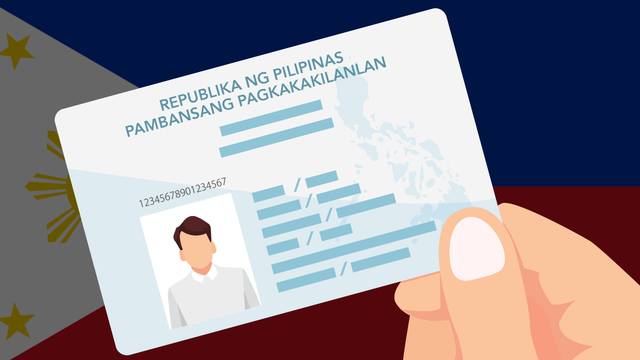News
Nat’l ID sign up achievement ‘quite good’: NEDA chief

MANILA – Socioeconomic Planning Secretary Karl Kendrick Chua has dubbed as “quite good” the phase of registration for the national identification (ID) system after more than half of the 70 million target individuals for this year have completed the step 1 sign up.
During the virtual Economic Journalists Association of the Philippines (EJAP) forum on Tuesday, Chua said 35,292,068 individuals are done with the step 1 registration, which involves the collection of demographics.
Demographic collection was done house-to-house by Philippine Statistics Authority (PSA) personnel when this started in December 2020, but Chua said online registration started last April 30 to allow more people to register.
Chua, Director-General at the National Economic and Development Authority (NEDA), said some 1,598,875 individuals registered online from April 30 to May 24.
He said the registration process is ongoing in 23 of the 37 provinces nationwide.
For step 2, which involves the capturing of biometrics at the registration center and the opening of bank accounts for those who do not have bank accounts, Chua said they have reached 64.7 percent of their June 2021 target as of May 24.
“Our target by the end of the year is 70 million and Covid-19 (coronavirus disease 2019) restrictions are our hindrances but we will work hard to complete this by the end of the year,” he added.
Chua said national ID is aimed, among others, to increase financial inclusion in the country thus, personnel of Land Bank of the Philippines (Landbank) are also assigned in the registration sites for the Philippine Identification System (PhilSys).
He said some 3.4 million bank accounts have been opened so far since PhilSys registration started.
Signed into law by President Rodrigo Duterte in August 2018, Republic Act 11055, or the PhilSys Act, aims to establish a single national ID for all Filipinos and resident aliens.
The national ID shall be a valid proof of identity that shall be a means of simplifying public and private transactions, enrollment in schools, and the opening of bank accounts.
It will also boost efficiency, especially in dealing with government services where people will only need to present one ID during transactions.





















